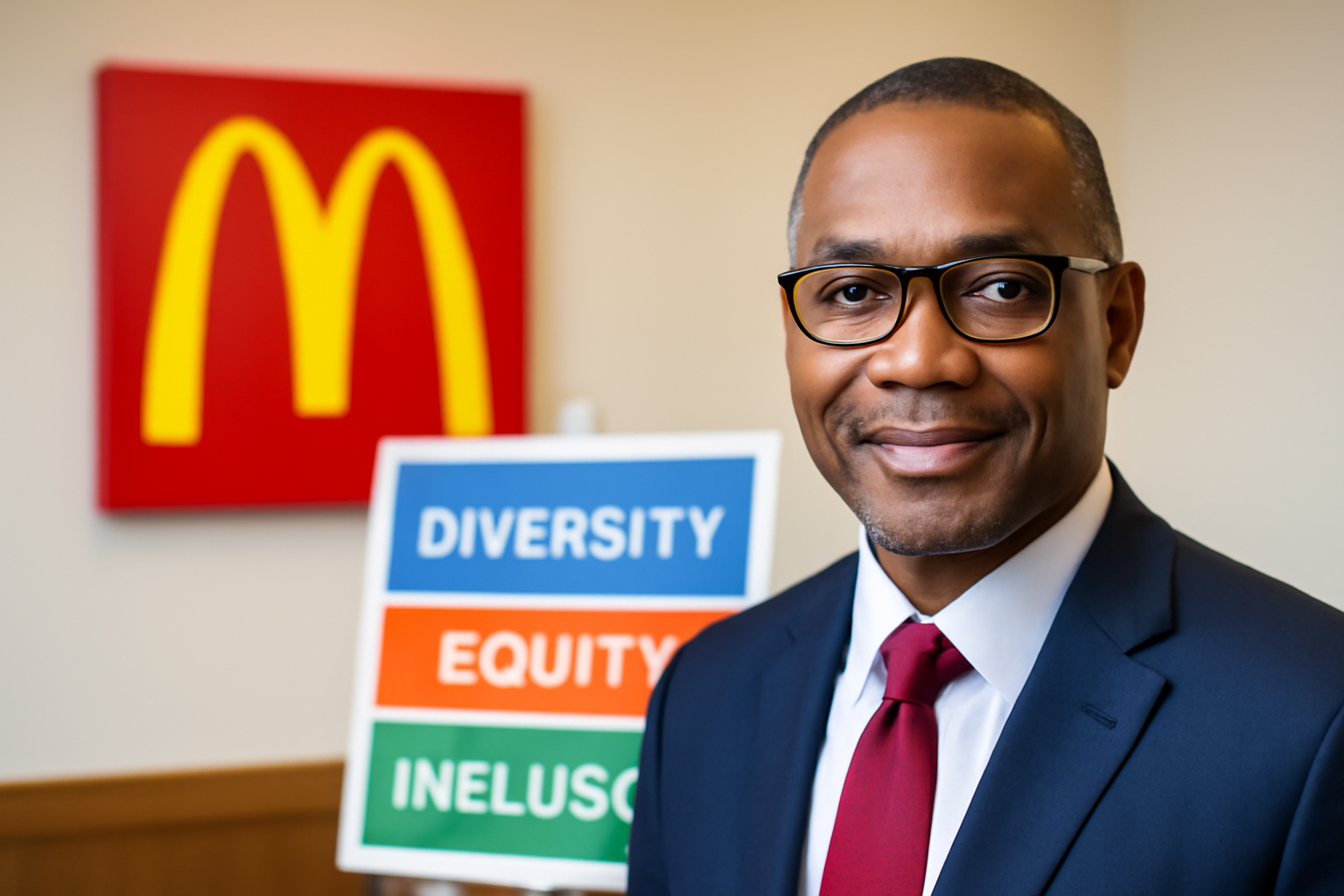
Background on the Decision
In a move that has caught the attention of industry watchers and equality advocates alike, a major fast-food corporation has announced significant changes to its diversity, equity, and inclusion (DEI) initiatives. This decision comes in the wake of recent rulings by the Supreme Court of the United States (SCOTUS) and an analysis of practices by other leading companies in the sector. This decision marks a pivotal change in the company’s approach to fostering an inclusive workplace environment.
Understanding DEI and Its Importance
Diversity, equity, and inclusion programs are designed to ensure that workplaces are welcoming and fair to individuals of all backgrounds, including race, gender, sexual orientation, and other aspects of identity. These initiatives often include training programs, recruitment practices that focus on underrepresented groups, and policies that promote a culture of inclusion. Over the years, DEI programs have been applauded for helping create a more equitable workplace and society at large.
The Impact of Recent Legal Rulings
The Supreme Court has recently made decisions that have implications for how businesses can implement DEI strategies. These rulings have prompted various companies to reevaluate their existing policies to ensure compliance with legal standards while striving to uphold their commitments to diversity and inclusion. The fast-food giant's decision to alter its DEI practices is, in part, a response to this evolving legal framework.
Industry Trends and Competitive Dynamics
In addition to legal considerations, the company has been closely observing trends within the industry. Several other corporations have also been adjusting their DEI strategies, either due to similar legal pressures or as part of a broader evaluation of their corporate practices in light of shareholder and consumer expectations. This reevaluation is particularly relevant in highly competitive sectors, where brand reputation and public perception significantly impact market performance.
Reactions from the Community and Advocates
The announcement has drawn mixed reactions from various stakeholders. While some view the changes as a necessary adaptation to the current legal and competitive landscape, others express concern about the potential rollback of gains made in workplace diversity and inclusion. Advocacy groups emphasize the need for companies to maintain strong commitments to inclusivity, warning that diminishing DEI efforts could reverse progress in achieving equitable work environments.
Looking Forward: The Future of DEI
As companies navigate these complex dynamics, many are exploring new ways to sustain and enhance their DEI commitments despite the challenges. This includes developing innovative programs that comply with legal requirements while still promoting the values of diversity and inclusion. Additionally, businesses are being encouraged to engage more actively with their employees and communities to understand the most effective ways to foster inclusive cultures.
The fast-food corporation has stated that it remains dedicated to promoting diversity and equity within its workplaces, even as it modifies its strategies. The company plans to enhance transparency around its DEI efforts and continue engaging with stakeholders to refine its approach. As the landscape continues to shift, the commitment to creating equitable opportunities remains a crucial aspect of corporate responsibility, particularly for global brands that serve diverse communities.
Conclusion
The ongoing changes in DEI practices among corporations demonstrate the dynamic nature of this crucial aspect of business strategy. As the legal environment and competitive pressures evolve, companies are tasked with finding ways to balance compliance with their ethical commitments to diversity and inclusion. The conversation around these topics remains vital, and continued dialogue and innovation will be essential in ensuring that DEI efforts progress and adapt to the changing times.
Ultimately, the decision by this major corporation to realign its DEI initiatives serves as a reminder of the complex interplay between legal frameworks, competitive dynamics, and the moral imperatives of fostering inclusive workplaces.
Related Posts
Kelly Clarkson Delights Fans with Playful Cover and Queer-Friendly Vibes
Kelly Clarkson charms with a fun song cover Kelly Clarkson, who we've come love as both an incredible singer and host on her daytime talk show, recently won over fans with a delightful performance on her Kellyoke segment. She's famous now not just as an artist but also as a masterful cover performer, and this time she chose a classic that really resonated with her LGBTQ+ fans. Lately, Clarkson's [...]
Trump Inaugurated as 47th President Amid Concerns for LGBTQ+ Community
Donald Trump has been sworn in as President once again, marking his second term as America's 47th leader. This significant event in U.S. politics promises profound impacts, especially concerning LGBTQ+ rights. Taking office: promises and challenges Amidst a harsh winter storm, Trump took his oath indoors at U.S. Capitol on January 20. Alongside him, Vice-President JD Vance also stepped up, both [...]
Daniel Craig's "Queer" Overlooked by BAFTA: A Surprising Omission
Daniel Craig's film, Queer, snubbed by BAFTAs despite rave reviews In a surprising twist, Daniel Craig's newest film, *Queer*, failed completely on BAFTA's nomination list this year. It's a head-scratcher, considering how critics have sung its praises and Craig delivered such a standout performance. Yet, not a single nod from BAFTA. Go figure. fans and critics baffled by BAFTA snub The exclusio [...]